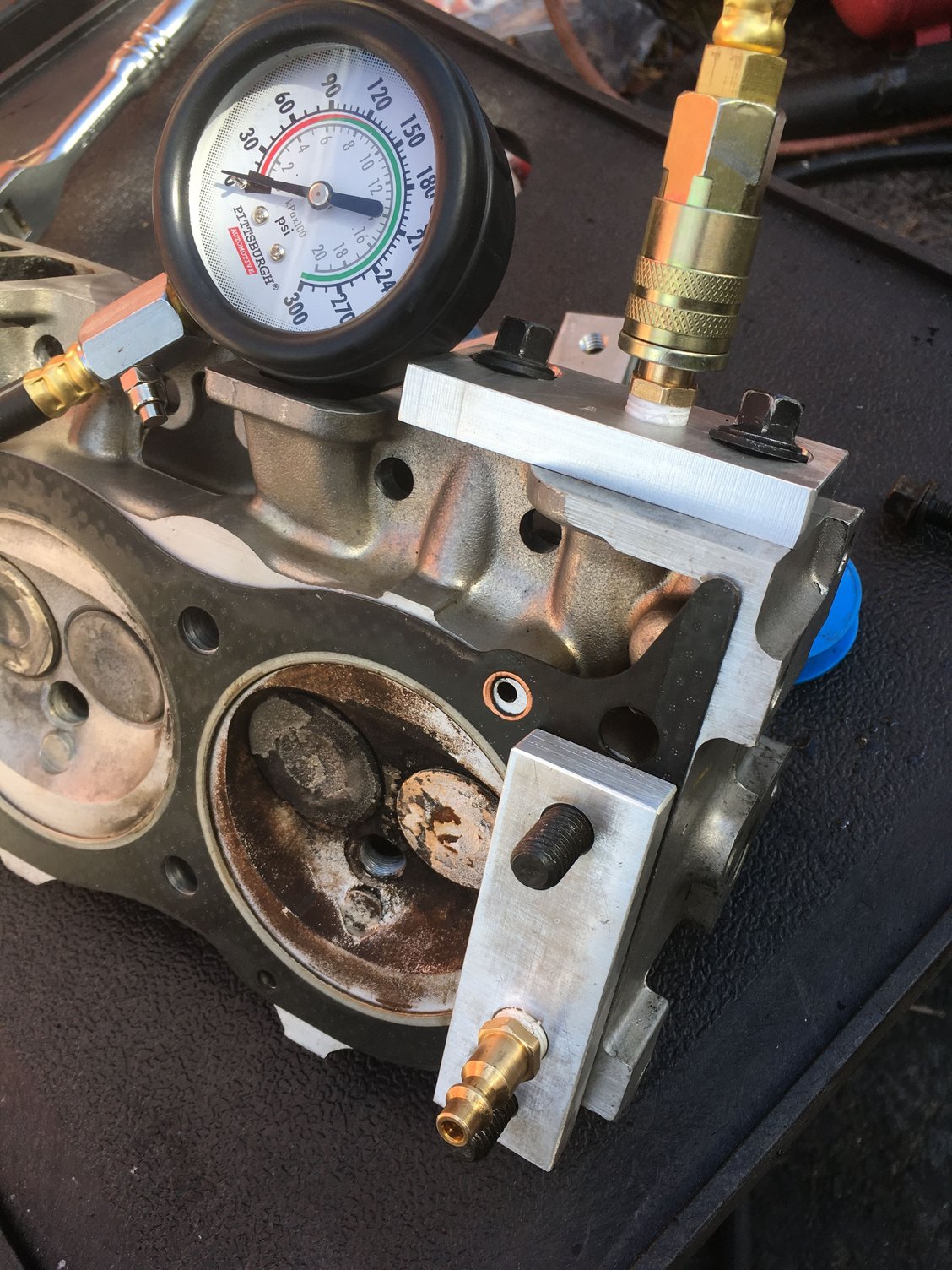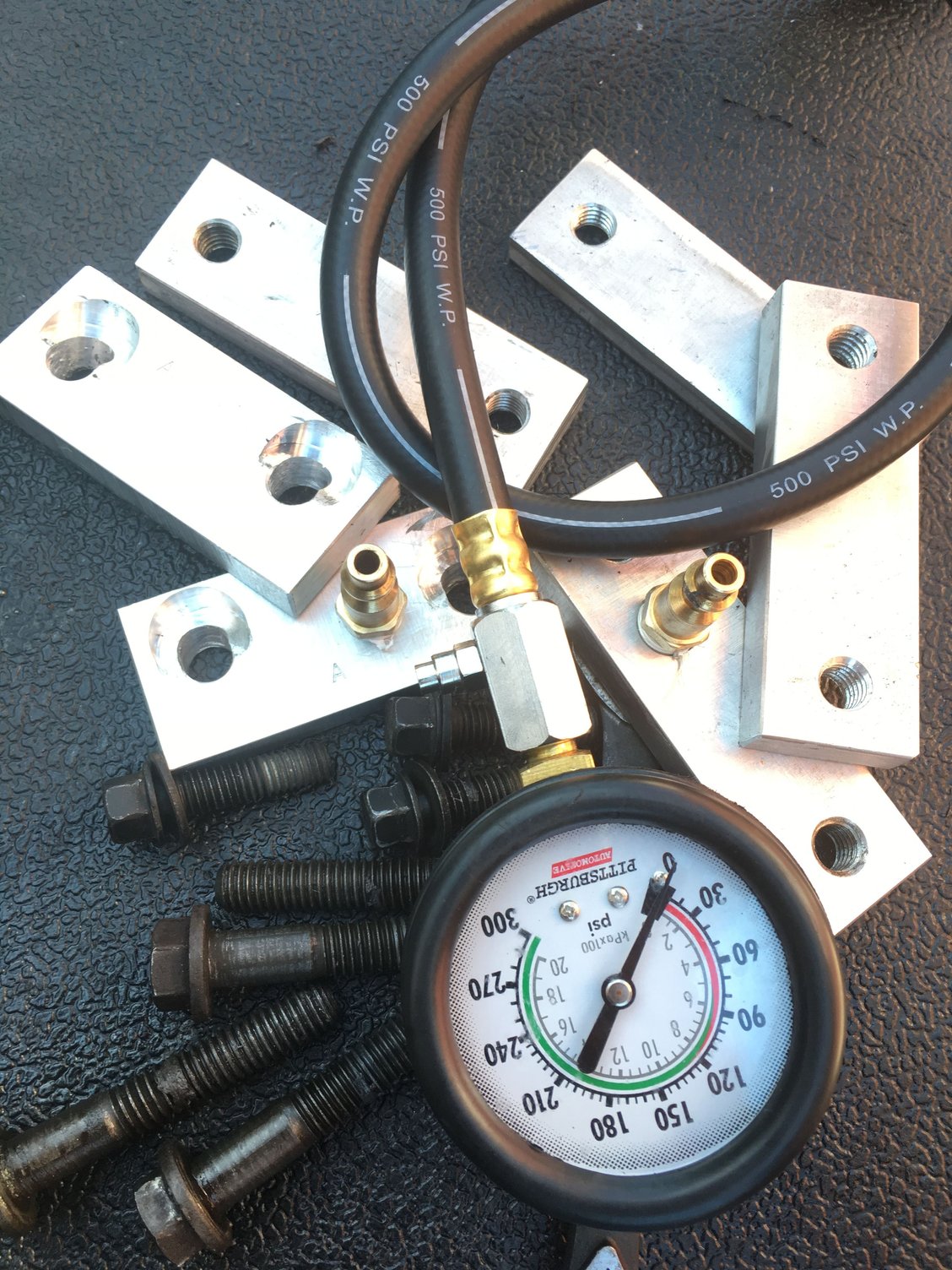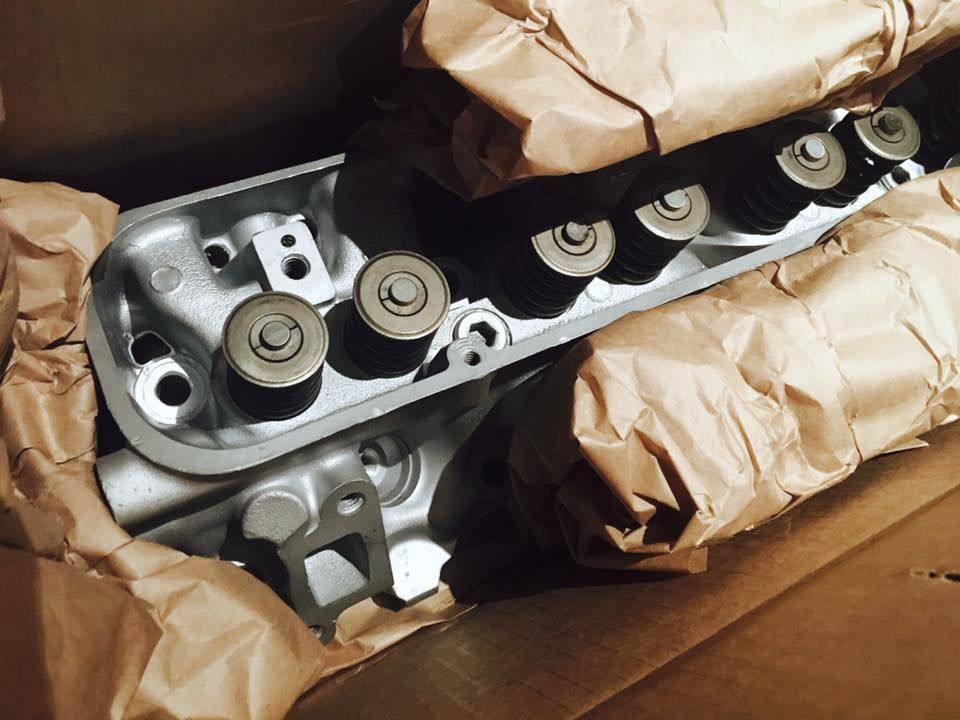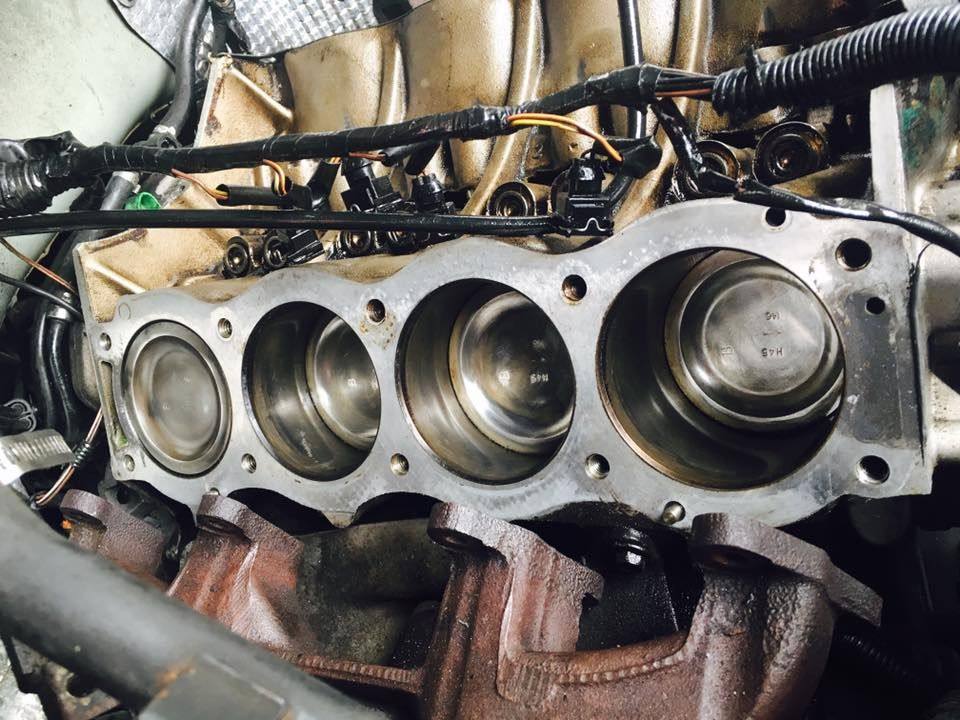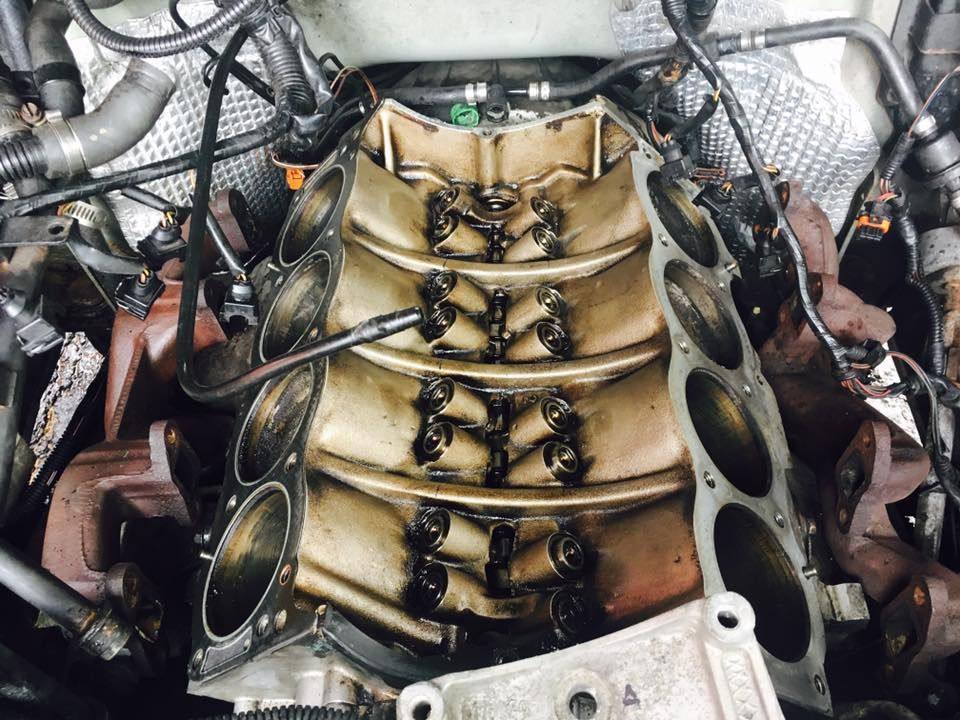My Cylinder #6 Misfire Episode
#11
#14
Ill do some more leak test just to confirm. Im scheduled to see a range rover next week but i am not sure how will i dispose the rest of it. Its cheaper coz its local. Getting just the motor online plus shipping is more than the truck itself and the truck is running. It was mentioned to me that p38 gems is durable than the bosch. Just bolt in just the ckps.
I had some bolt on plugs for the block and heads made last friday but was not able to pickup, only this coming tuesday.
Everything is up in the air at the moment but i still have to install the heads to be able to reposition the truck in the driveway.
Cheers to all and have a great weekend!
I had some bolt on plugs for the block and heads made last friday but was not able to pickup, only this coming tuesday.
Everything is up in the air at the moment but i still have to install the heads to be able to reposition the truck in the driveway.
Cheers to all and have a great weekend!
#15
#16
So, still waiting for the engine that was shipped, I tested the cylinder #6 and over night its still holding 50 lbs of pressure. I cant find any leak or bubbles during the process. At one point, I increased the pressure up to 90lbs and still no bubbles. Lost again to a point.
I just dont know if the test I made was reasonable or correct to see bubbles when I sprayed soapy water mixture. I have seen people test the block on youtube and the process I did was similar.
I will put back together next week with new heads (reman) I could probably test leaks but warped heads I cant. Might have stretched the bolts when it overheated and never went back to seal and pressure and coolant finds its way to #6. Cheers
I just dont know if the test I made was reasonable or correct to see bubbles when I sprayed soapy water mixture. I have seen people test the block on youtube and the process I did was similar.
I will put back together next week with new heads (reman) I could probably test leaks but warped heads I cant. Might have stretched the bolts when it overheated and never went back to seal and pressure and coolant finds its way to #6. Cheers
#17
So, still waiting for the engine that was shipped, I tested the cylinder #6 and over night its still holding 50 lbs of pressure. I cant find any leak or bubbles during the process. At one point, I increased the pressure up to 90lbs and still no bubbles. Lost again to a point.
Cheers
Cheers
Don't listen to the snake oil guy. I ran some Irontite thru my cracked 04 block and it worked great for almost 3 years before it popped a head stud.
#18
Usually that is not the case, I had a similar episode, only with misfires on 6 and 1. Found coolant entering 6 between the block and head... and nothing much wrong with 1. Turns out my mechanic thinks its a crack in the block behind the liner in 6 as the coolant passages from the heads to the block do not go near the inner 4 cylinders, only the ones on the 4 corners. A head gasket leak usually happens on 1, 2, 7, or 8. An internal issue usually happens on 3,5,4, or 6.
Good Luck!
Good Luck!
#19
Water under pressure finds its way through the water jacket in the valley of the block, not the ones that go through the heads which are the corner ones.
That water jacket between the inner cylinder wall and the valley of the block are as little as 2mm thick on a good 4.6 block. Throw in the late production run tooling and machine slop and you can see how easily +/- 2mm of aluminum could start to crack like a fissure after the repeated expansion and contraction of a normal 100k mile plus engine.
I have never overheated mine so I know that is not the cause but I could see how extreme heating would hasten what is already a known process of deterioration.
Coolant then seeps up between the bore and the liner and enters the cylinder around the firing ring. I don't know what would keep coolant from traveling down, but I don't have that problem or there would be coolant in the oil. I know a guy who had that happen on #5.
That's they way I've seen it best explained.
Thats also a good point above about pressure testing being best done at temp, which is why its rarely done. A long time ago a guy on the forums used a BBQ pit to slowly bring his block up to temp and then tested it and found it leaking.
That water jacket between the inner cylinder wall and the valley of the block are as little as 2mm thick on a good 4.6 block. Throw in the late production run tooling and machine slop and you can see how easily +/- 2mm of aluminum could start to crack like a fissure after the repeated expansion and contraction of a normal 100k mile plus engine.
I have never overheated mine so I know that is not the cause but I could see how extreme heating would hasten what is already a known process of deterioration.
Coolant then seeps up between the bore and the liner and enters the cylinder around the firing ring. I don't know what would keep coolant from traveling down, but I don't have that problem or there would be coolant in the oil. I know a guy who had that happen on #5.
That's they way I've seen it best explained.
Thats also a good point above about pressure testing being best done at temp, which is why its rarely done. A long time ago a guy on the forums used a BBQ pit to slowly bring his block up to temp and then tested it and found it leaking.
Last edited by Dave03S; 10-12-2017 at 03:19 PM.



